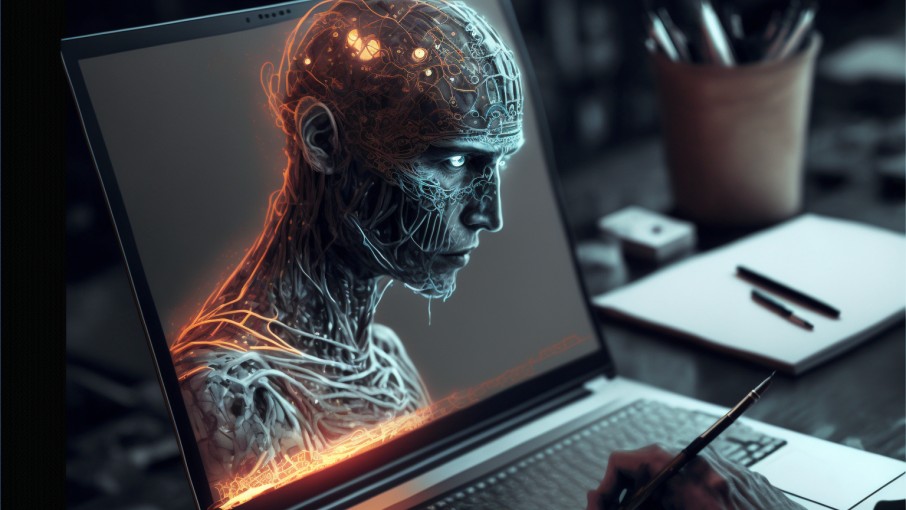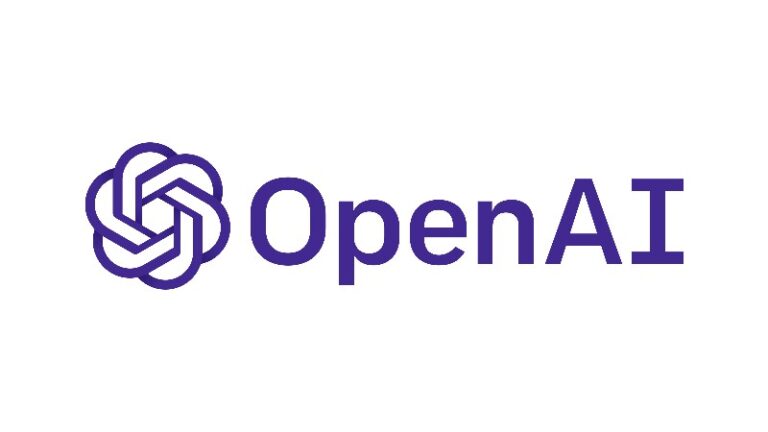Artificial Intelligence in Education

Are you interested in knowing how artificial intelligence is transforming the way we learn and teach? Are you curious to understand how algorithms will be used in the field of education technology? The field of education is amidst a revolution. From personalized learning experiences to gamification, artificial intelligence (AI) is slowly becoming a core feature of our educational systems. AI has been used in numerous ways, such as speech recognition and facial recognition, to improve the learning experience for instructors and students alike.
In this article, we’ll explore what AI can bring to education. We’ll discuss its potential applications, benefits, challenges and the ethical considerations surrounding it. We’ll also introduce some use cases that demonstrate how AI can support better learning outcomes for students today.
Benefits of AI in Education
The technology of artificial intelligence in education is becoming increasingly sophisticated and impacting the way many industries, including the education sector, are operating. AI innovations have great potential to revolutionize the educational system – not only making it easier for teachers and students to learn but also bringing tremendous changes. With greater accuracy and flexibility in learning as well as plenty more access to knowledge, here are some benefits of AI in Education:
Personalized Learning
AI-driven personalized learning allows for teaching materials catered to each student. AI algorithms collect and analyze data about student performance that is used to customize instruction for the individual. This form of individualized learning can enable students to learn at their own pace, based on their preferred styles, experiences, interests and abilities.
Enhanced Classroom Productivity
By utilizing AI, educators can create a more efficient classroom by providing students with unique personalized experiences. In addition, classroom time can be better utilized due to automated administrative tasks such as grading tests or managing attendance information that would otherwise take up valuable time.
Better Accessibility
AI applications such as virtual tutors can help provide equal access to quality education regardless of a learner’s socioeconomic status or geographic location. AI technologies allow educators and researchers a way to transcend physical barriers while providing educational opportunities without considering these factors when offering classes or resources.
Improved Efficiency and Time Management
AI-based software solutions such as chatbots can assist with basic tasks like registering or logging into an online session quickly which leads to improved efficiency and increased productivity. Such automation eliminates tedious tasks like logging into websites repeatedly leading up to being able no longer manually enter data for analytics purposes – calculations done through machine learning algorithms . As a result, this allows educators more time experiencing out-of-classroom activities such as field trips or guest lectures that engage students whilst gaining real world knowledge .
Higher Engagement Levels
Studies show that when digital devices are used successfully in classrooms they help foster successful learning environments where students remain engaged with the educational material due to the interactive nature digital objects bring compared to standard paper books. Additionally , incorporating augmented reality ( AR ) applications , simulations , virtual reality (VR ) systems not only increases desired engagement but also allows learners to better visualize topics through either 2D / 3D images thus allowing them easier comprehend abstract concepts.






